‘Self-hatred stopped me from functioning − self-harm made me feel in control’
As self-harm hospitalisations among the under-30s double in a decade, Polly Dunbar speaks to women who carry the mental and physical scars into adulthood
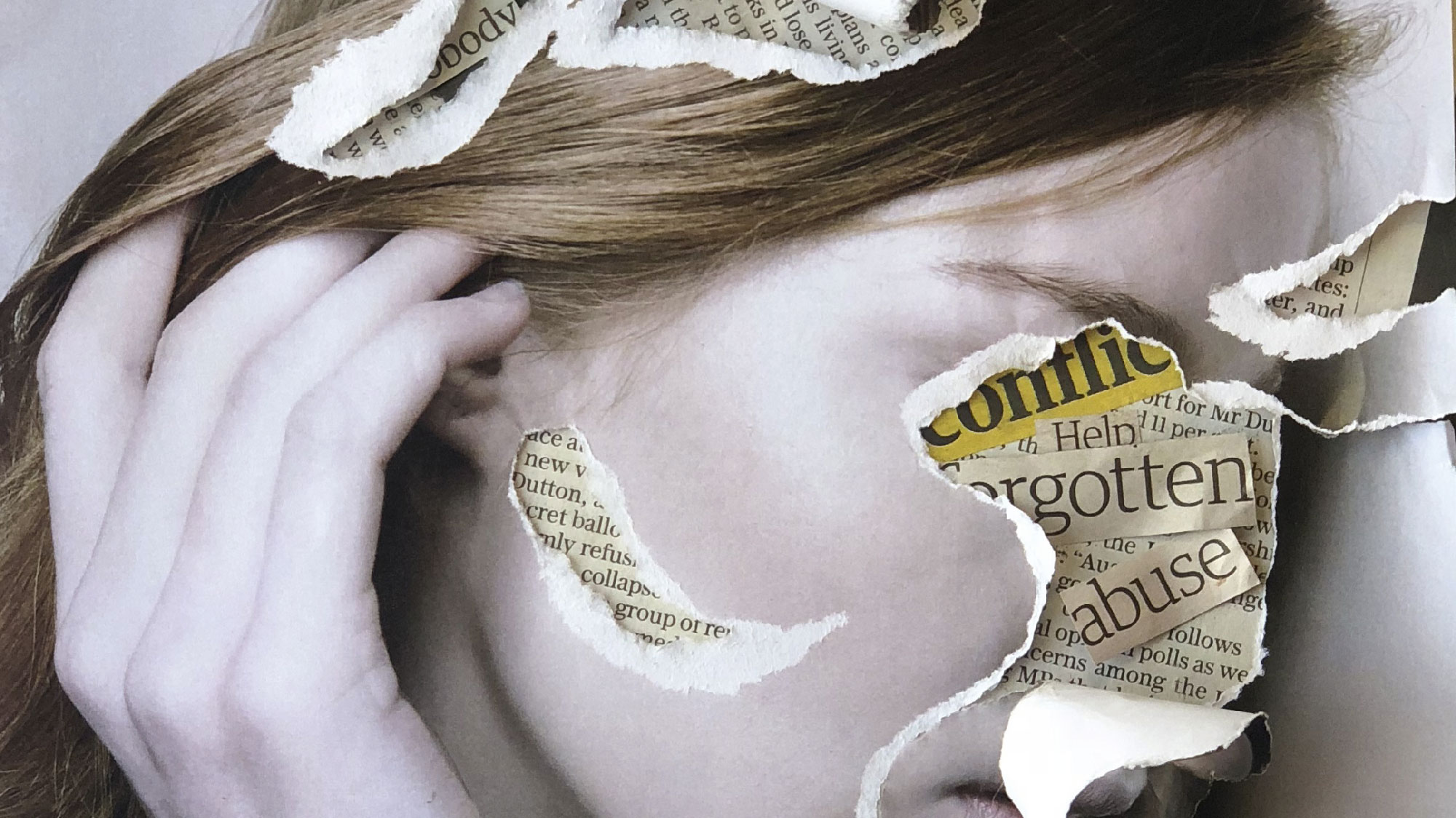
As self-harm hospitalisations among the under-30s double in a decade, Polly Dunbar speaks to women who carry the mental and physical scars into adulthood
Han Wright was 16 when she began self-harming. Now 28, it’s been years since she last cut herself, but when she feels particularly angry, stressed or sad, the urge is still powerful. ‘I don’t know if it will ever go away,’ she admits. Self-harm hospitalisations among the under-30s have doubled in a decade, amid concern that too little help is being given to those at greatly increased risk of suicide. Official figures show 10,168 hospital episodes involving patients under the age of 30 as a result of self-harm, up from 4,749 cases in 2008-09.
Figures revealed last year showed self-harm is more widespread among young women now than ever before, with one in four 14-year-old girls deliberately hurting themselves, according to a survey of 11,000 teenagers by The Children’s Society charity. NHS figures also show that the number of girls under 18 being treated in hospital in England after self-harming has almost doubled compared with 20 years ago, up from 7,327 in 1997 to 13,463 last year. The alarming stats reflect a mental- health crisis, fuelled by the pressure of trying to live up to impossibly high standards in everything from their appearance to academic achievements and social standing. ‘Social media is a huge factor,’ says Dr Maite Ferrin, consultant psychiatrist at Re:Cognition Health, an award-winning mental health service provider. ‘It encourages us to compare ourselves to others, even if what they’re showing isn’t real − and it’s constantly there.’
Although self-harm is often associated with cutting, it can take many forms, including eating disorders, excessive exercise, misusing alcohol or drugs, addiction to cosmetic surgery or trichotillomania (a hair-pulling disorder). It’s believed the reason most of these forms are more common among females is because girls are more likely to turn their feelings of anxiety, depression or anger inward. Boys often express these emotions through violence or aggression, whereas girls are taught to avoid confrontation. ‘Girls tend to internalise much more. If there’s a problem, they’ll blame and punish themselves,’ says Dr Ferrin.
However TV dramas like Sharp Objects, starring Amy Adams as a thirtysomething reporter whose body is a labyrinth of scars from years of injuring herself, showed that what’s typically thought of as an adolescent issue doesn’t simply vanish with age. Women of all ages can experience self-harm, particularly if they’ve used it as a coping mechanism in the past. ‘It can affect any woman,’ says Sarah Kessling, 31, training team leader at Harmless, a national support agency for people who self-harm. ‘We’ve seen women in their seventies − it doesn’t discriminate.’
For Wright, a blogger and content creator, self-harm remains a part of who she is, despite the fact she no longer engages in it. ‘When you’ve self-harmed before, it’s always a temptation in the background,’ she says. ‘When things are really bad, I still get that urge.’ Her self-harming began as a way to deal with the emotional distress she felt as a teenager. She began to experience severe anxiety after being excluded by her friendship group. ‘I’d stopped being invited to things by girls who’d been my friends, and I started feeling I wasn’t good enough because I was always the quiet one,’ she says. ‘It was typical bitchy schoolgirl drama, but I felt so desperate and angry with myself, thinking what had happened was all my fault, self-harm was a means of punishment. For a couple of seconds, it also helped to release some of those feelings and I’d feel better − until I’d think, “Oh God, why on earth have I done this to myself?”’
Those who self-harm often describe the sense of control it gives them when they’re struggling to cope with situations they find overwhelming. Emily Everitt’s self-harming began at 13, during a particularly turbulent period in her family and school life. ‘I was feeling lost and my self-esteem was at zero,’ says Everitt, now 27. ‘My anger and self-hatred would reach a point where it stopped me from functioning, and self-harm made me feel calm and in control. I felt like it helped me to deal with those feelings.’
Marie Claire Newsletter
Celebrity news, beauty, fashion advice, and fascinating features, delivered straight to your inbox!
It’s this momentary sense of relief from overwhelming emotions that can become addictive. ‘The body releases endorphins when we’re injured, which gives a sense of reward,’ says Dr Ferrin. ‘It can make people feel better for a time, but the more they do it to try to get that feeling, the more trapped they become in the cycle. Just like any addiction, it’s destructive and doesn’t make anything better long-term.’
Everitt says self-harm was her emotional crutch for years; something she’d turn to whenever she was under severe stress. ‘As I got older, it became more sporadic, happening up to five times a year,’ she says. ‘I’d try not to, but when my friend died, for instance, it was always there when the feelings became unbearable. It was my safety net.’
Both Everitt and Wright kept their self-harming a secret, worried that if people found out, they wouldn’t understand. Even now, it remains a taboo subject that people find difficult to comprehend. ‘There’s so much shame and guilt involved because I knew my family would be horrified if they knew,’ says Wright. Kessling adds: ‘People who self-harm often feel judged because their injuries are self-inflicted. They’re seen as attention-seeking when usually, it’s an incredibly private problem.’ She’s experienced this stigma herself, as someone who self-harmed from the age of 14 until her early twenties. ‘My mum felt she had failed as a parent and that was difficult,’ she says. ‘People’s responses to what you’re doing can reinforce your feelings of low self-esteem.’
In her role at Harmless, Kessling travels around the UK giving training on how to help those who self-harm. The key is to focus on what’s driving the self-harm, rather than the act itself, which often triggers panic. ‘The physical act of self-harm is really the tip of the iceberg,’ she says. ‘It’s the bit that gets all the focus, but understanding what’s underneath the water − the emotional pain and triggers − is far more important.’
Therapy helped Wright work through her anxiety and depression, and she has not self-harmed since she was a teenager. Now, when she feels the urge, she is able to manage those feelings. ‘I’ve always been an anxious person and I don’t know if it will ever leave me,’ she says. ‘But if I’m in that space, I use breathing and meditation techniques to calm myself down. Her blog, Wellness & Wander, explores mental-health issues and offers advice about healthy coping strategies. ‘I want to help others going through it to not feel so alone,’ she says.
Everitt has also developed ways to manage her self-harming. ‘It was still a coping mechanism for me until two years ago,’ she says. ‘It’s been a long process, but therapy helped me to figure out my feelings and change how I deal with them. Now I do a lot of exercise, which stops me getting to crisis point, I do a lot of painting and writing and I’ve got a good support network. It’s taken willpower to break the addiction.’
If you or someone you know is struggling with self-harm or other mental health issues, please seek help by contacting the Samaritans on 116 123 or email jo@samaritans.org or jo@samaritans.ie
The leading destination for fashion, beauty, shopping and finger-on-the-pulse views on the latest issues. Marie Claire's travel content helps you delight in discovering new destinations around the globe, offering a unique – and sometimes unchartered – travel experience. From new hotel openings to the destinations tipped to take over our travel calendars, this iconic name has it covered.
-
 Style Briefing: Matthieu Blazy's last hurrah
Style Briefing: Matthieu Blazy's last hurrahHow the designer delivered a fresh perspective while also honouring its history of craft and creativity
By Rebecca Jane Hill
-
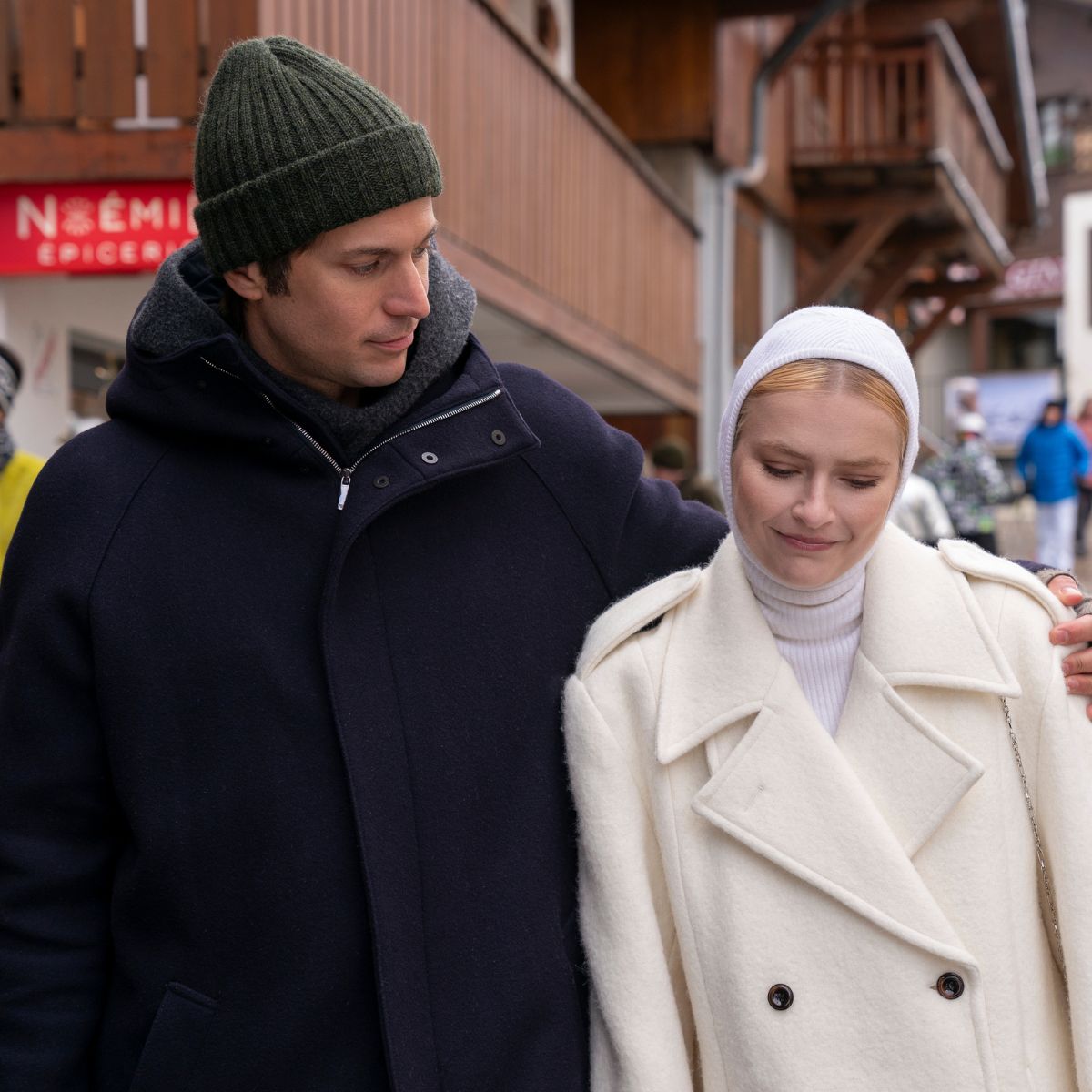 The Emily in Paris cast has spoken out as one of its stars officially quits the show
The Emily in Paris cast has spoken out as one of its stars officially quits the showBy Jenny Proudfoot
-
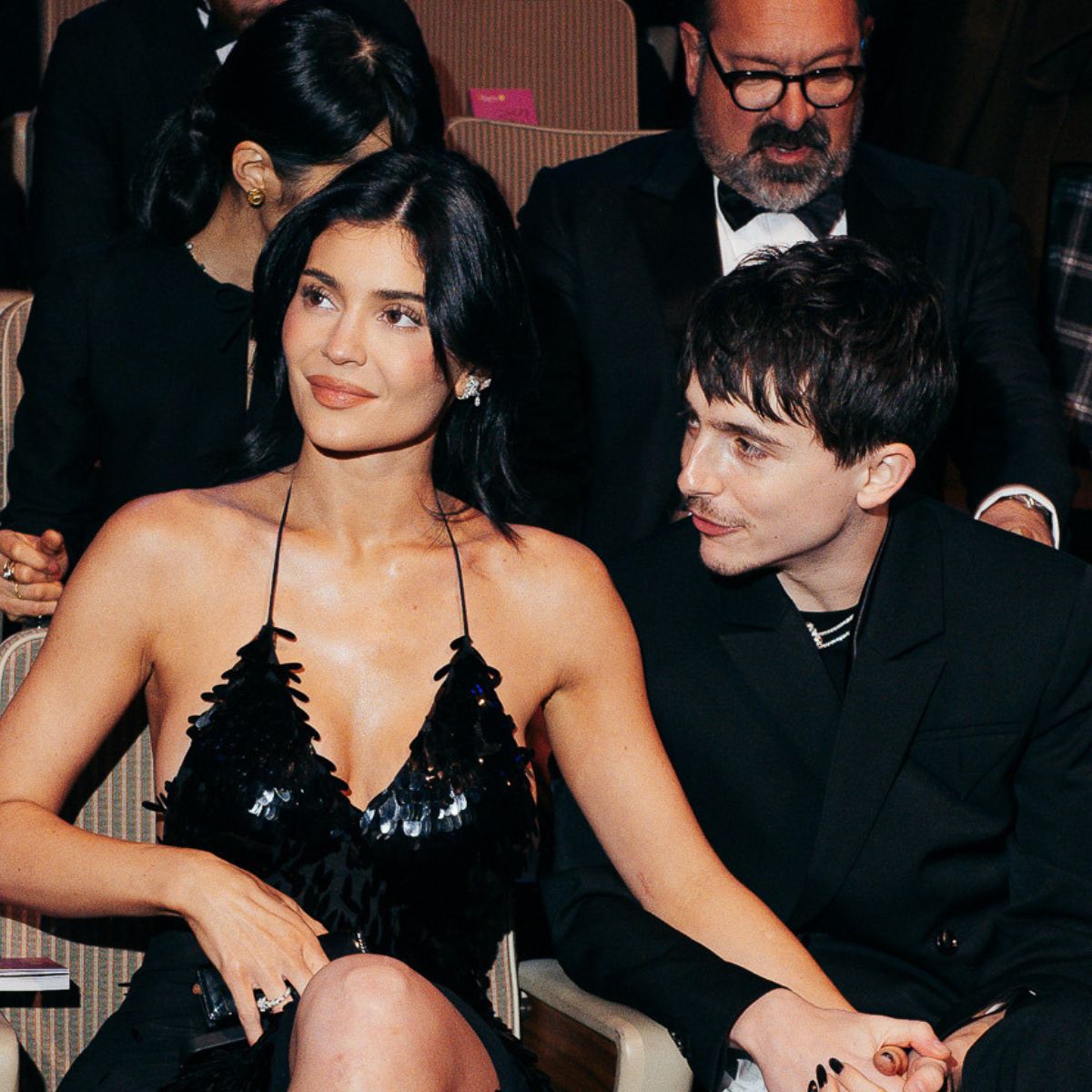 Timothée Chalamet’s mother has opened up about his relationship with Kylie Jenner
Timothée Chalamet’s mother has opened up about his relationship with Kylie JennerBy Jenny Proudfoot
-
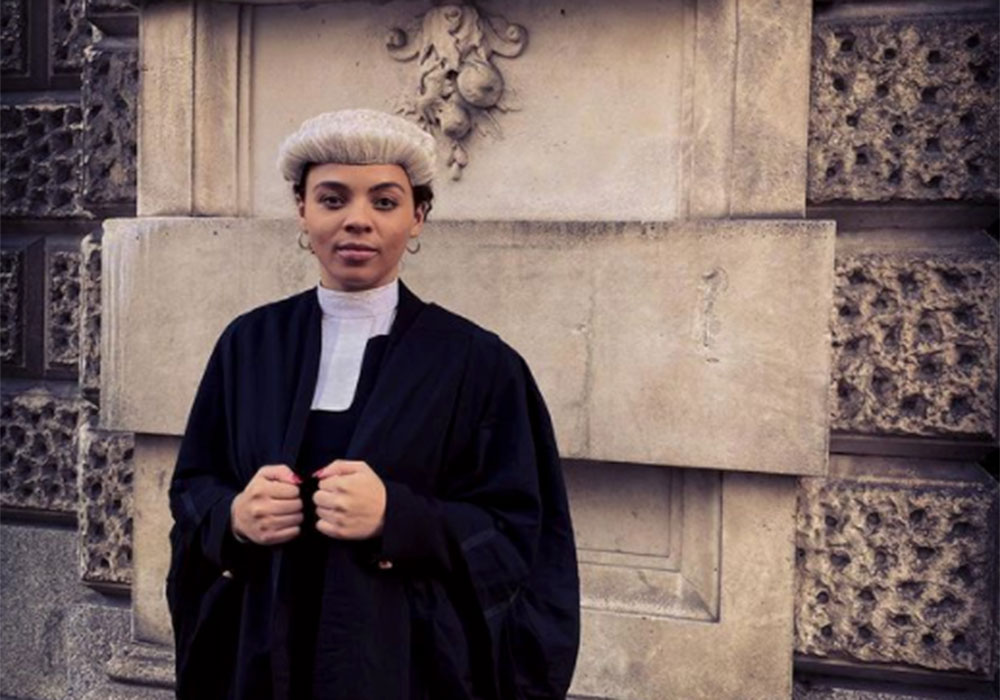 "I'm a Black barrister working in a broken justice system"
"I'm a Black barrister working in a broken justice system"Alexandra Wilson is a 26-year-old barrister speaking out about sexism, racism and class inequality at the very heart of the legal system. She shares her disturbing experiences, and why activism will make a difference.
By Alexandra Wilson
-
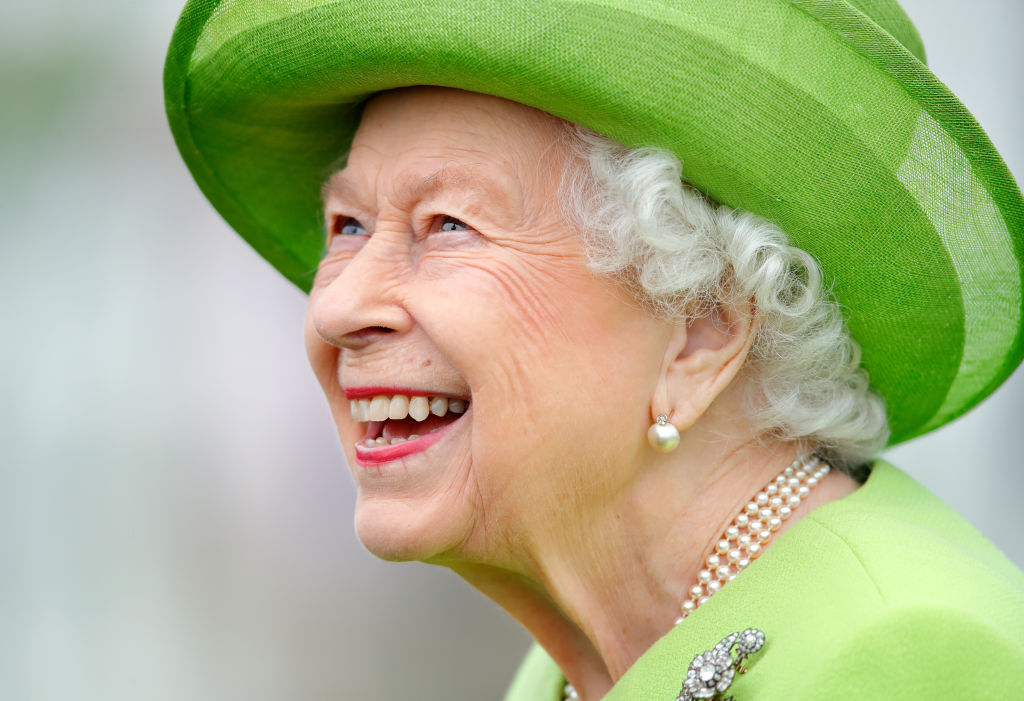 Feeling sad this week? Learn about the 5 steps of grief, plus how to avoid it consuming you
Feeling sad this week? Learn about the 5 steps of grief, plus how to avoid it consuming youAs the nation mourns Her Majesty The Queen.
By Ally Head
-
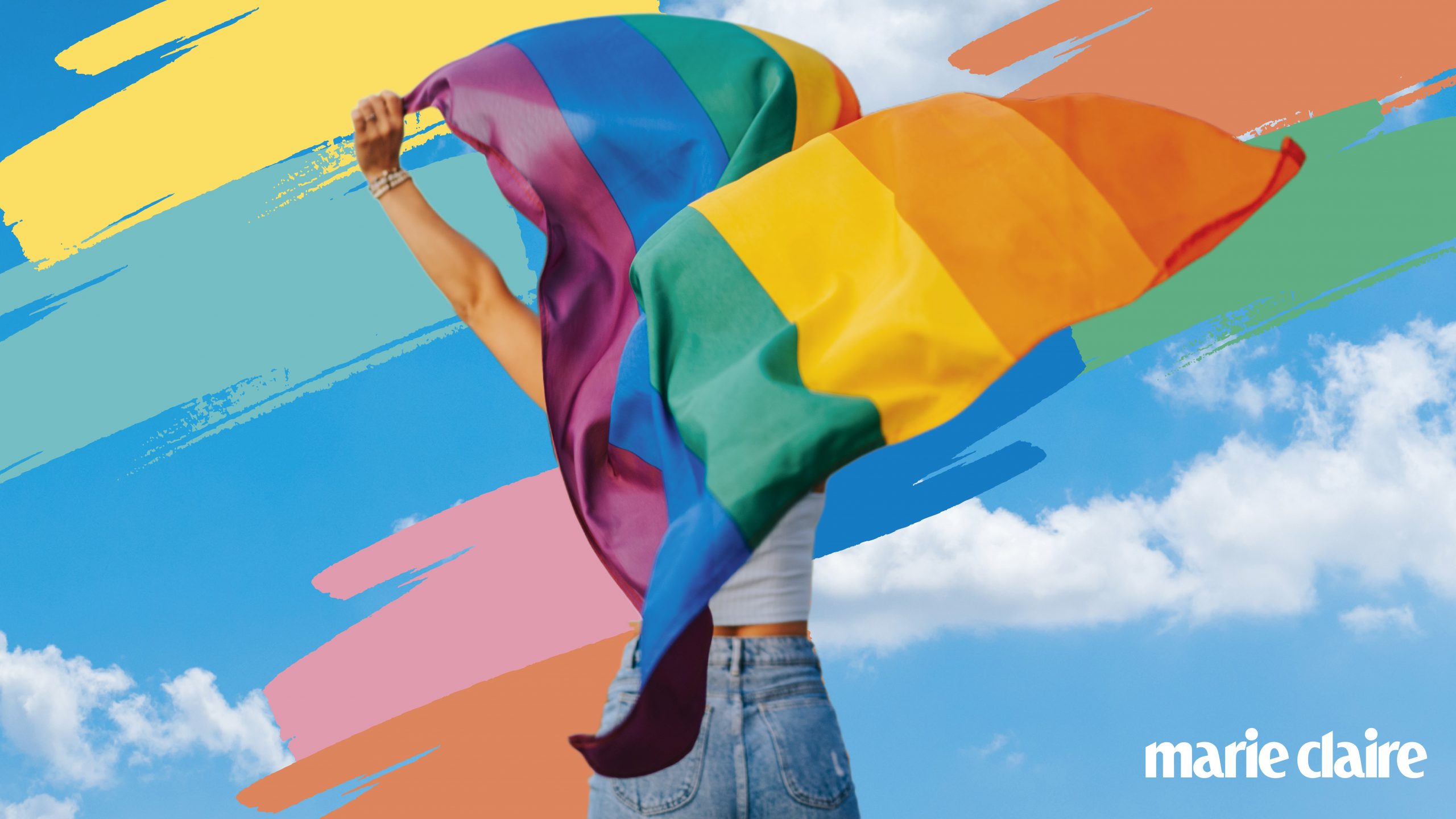 Pride events: 7 IRL and virtual celebrations to add to your calendar for 2021
Pride events: 7 IRL and virtual celebrations to add to your calendar for 2021Ready to celebrate?
By Rosie Grant
-
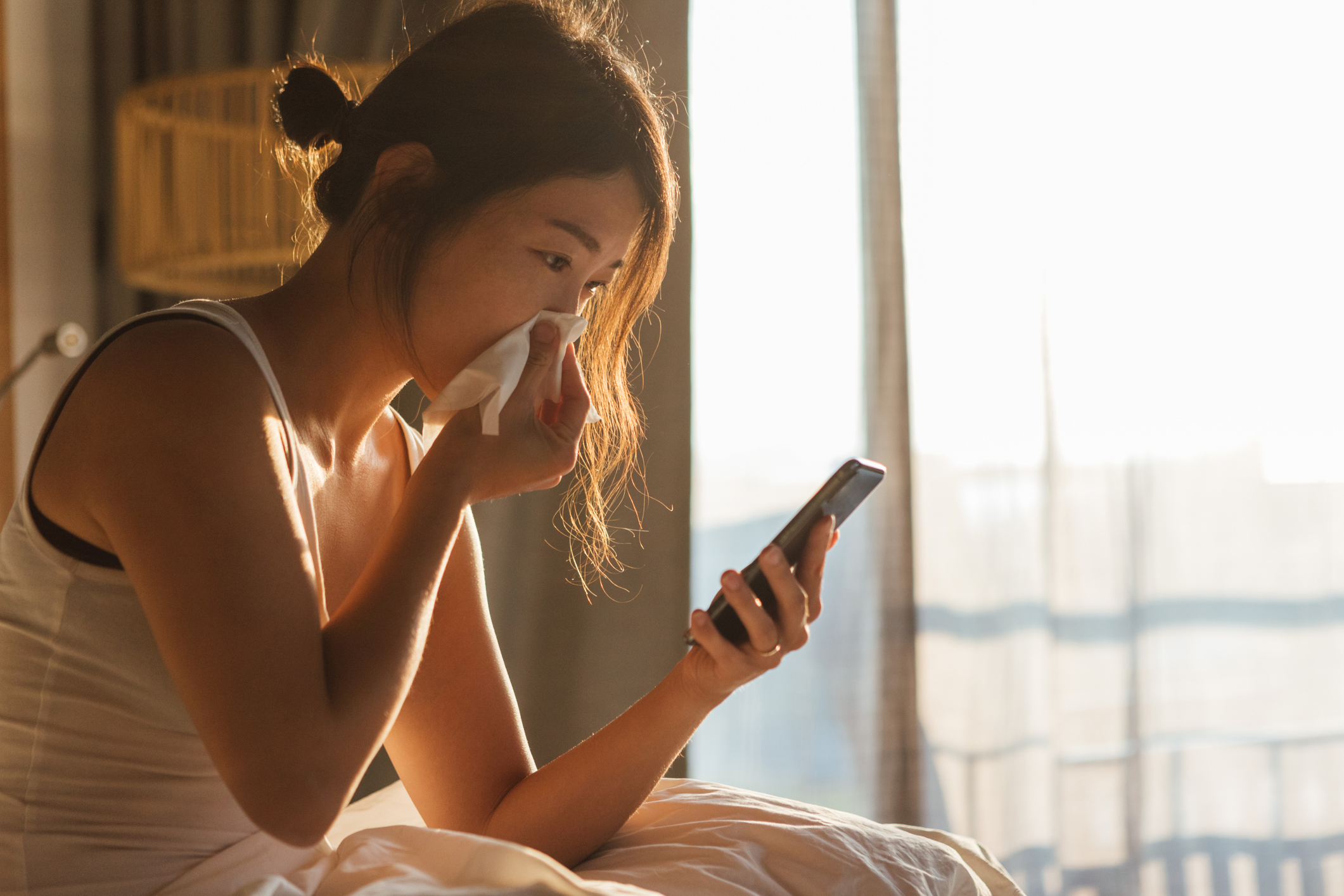 Coronavirus versus cold symptoms: How to know whether you've got COVID 19 or a common cold
Coronavirus versus cold symptoms: How to know whether you've got COVID 19 or a common coldThis is important. Read guidance from the experts now.
By Ally Head
-
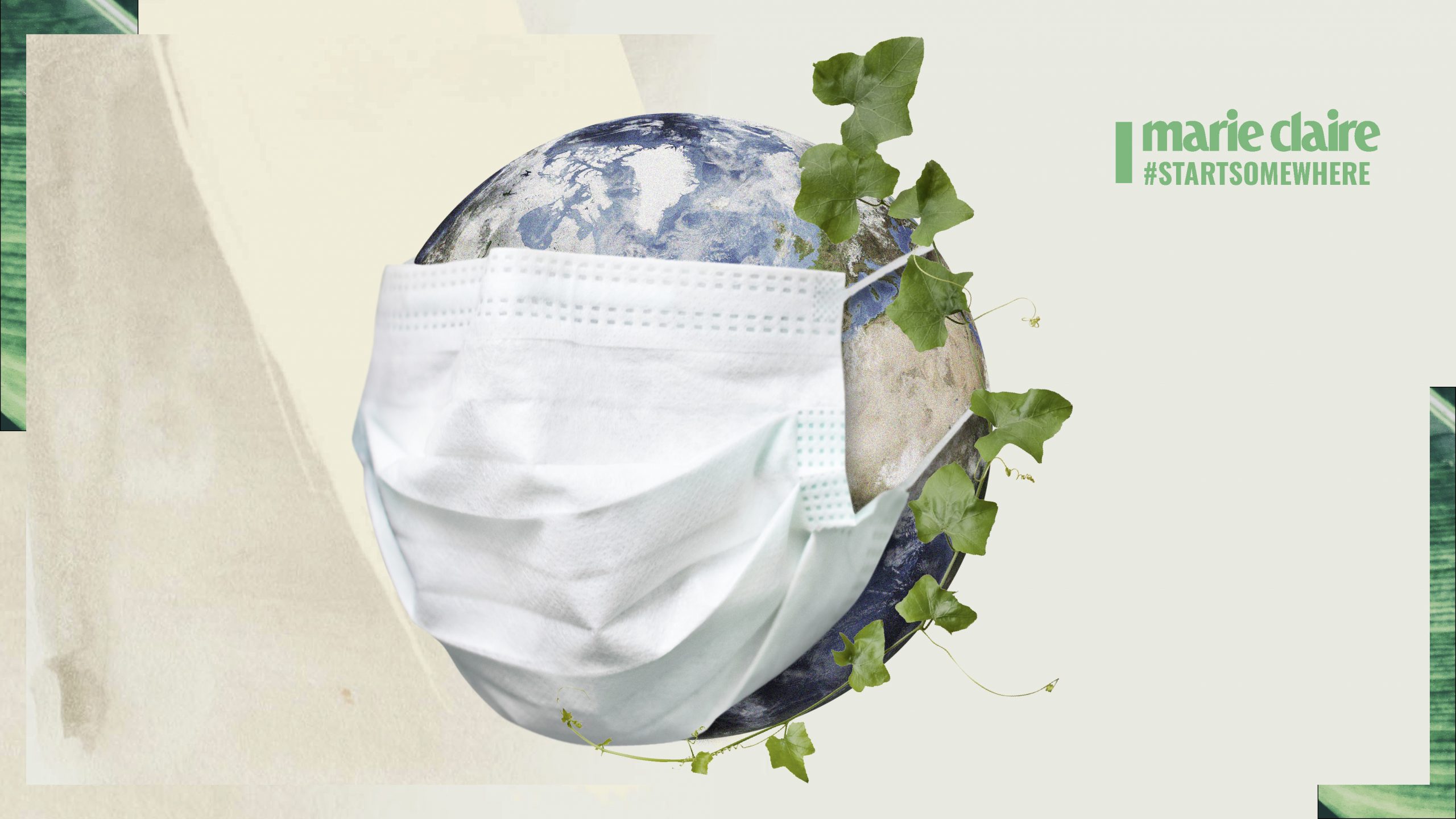 How COVID-19 made us forget our morals on plastic
How COVID-19 made us forget our morals on plasticPre-pandemic, we cared about our habits of plastic use. Lockdown changed all that - but it's not too late to continue the fight
By Olivia Adams
-
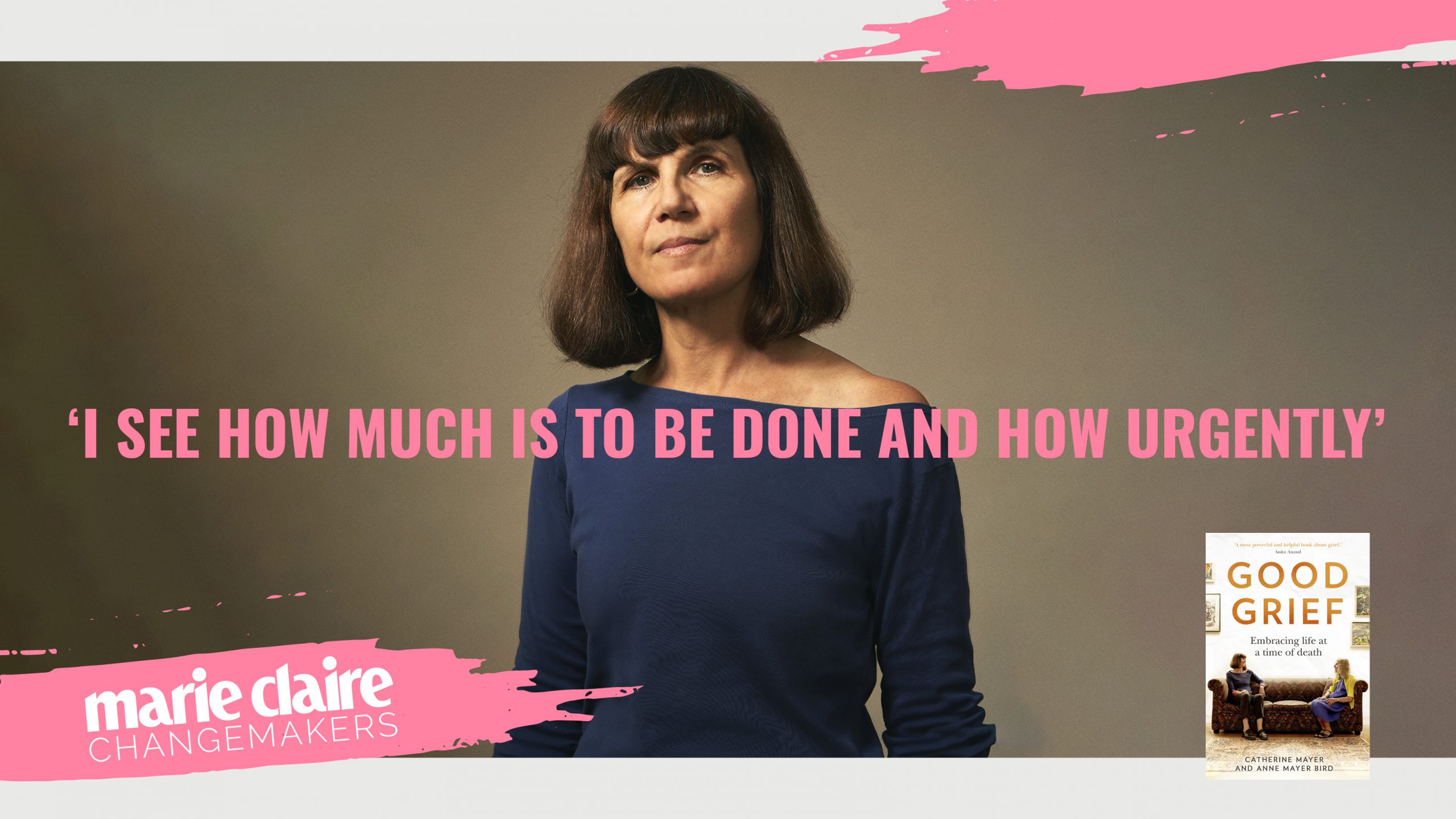 Catherine Mayer on women's rights: 'I see how much is to be done and how urgently'
Catherine Mayer on women's rights: 'I see how much is to be done and how urgently'Co-founder of the Women's Equality Party, Catherine Mayer, was married to influential musician Andy Gill until his death in Feb 2020. This International Women's Day, Mayer shares with affecting honesty how grief adds clarity to her life-affirming activism
By Maria Coole
-
 Tanya Burr shares her top 6 resources for educating yourself - and growing - this IWD
Tanya Burr shares her top 6 resources for educating yourself - and growing - this IWDThe theme of this International Women's Day is Choose to Change - let Tanya help you become a change-maker with her top resources.
By Ally Head
-
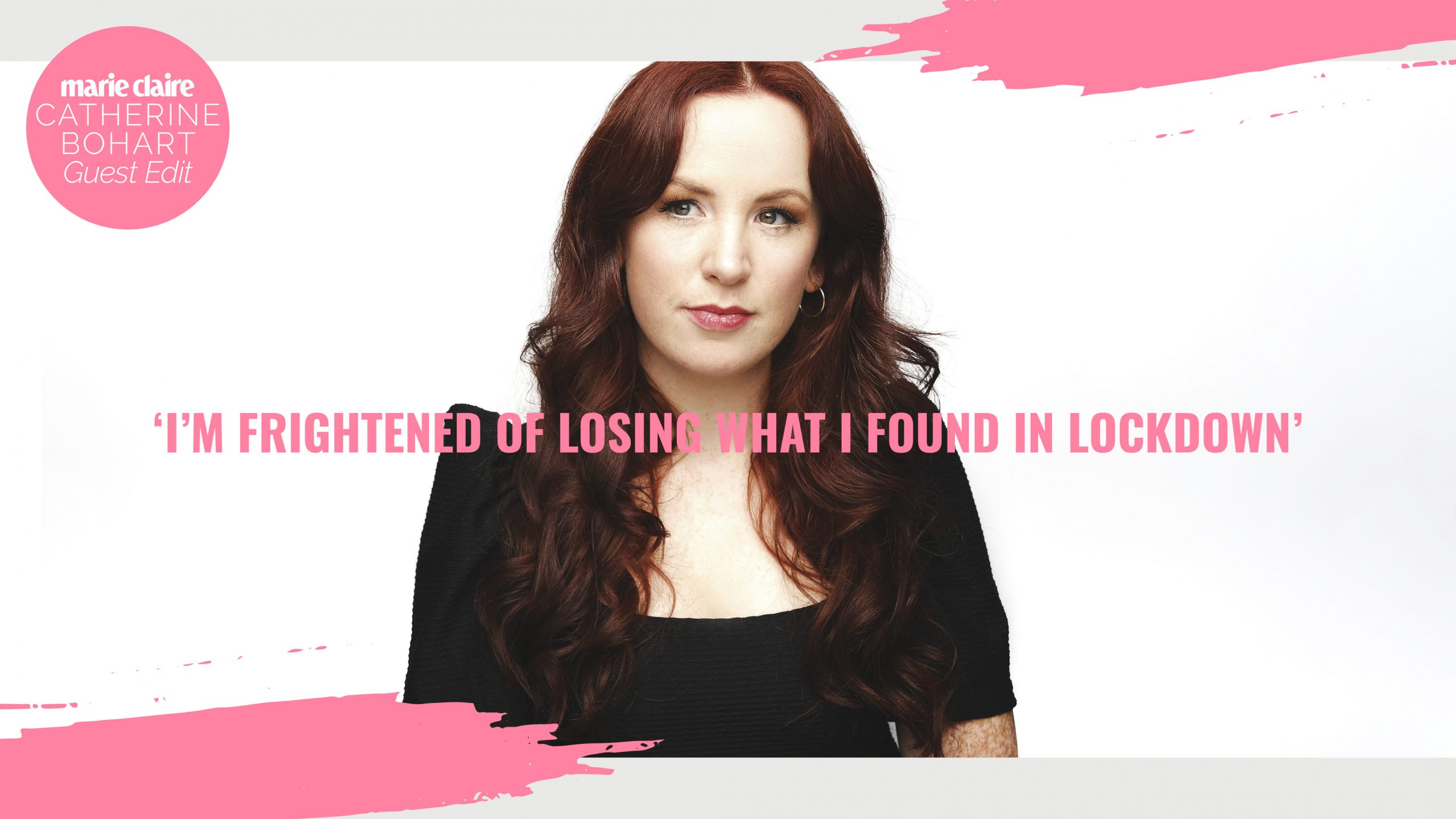 Catherine Bohart: 'I’m frightened of losing what I found in lockdown'
Catherine Bohart: 'I’m frightened of losing what I found in lockdown'Award-winning writer and comedian Catherine Bohart shares what her own lockdown mental health journey helped her discover
By Sophie Goddard